Betrayal or misunderstanding more than 30 years old is the basis of the gap between Russia and NATO

The current confrontation between Russia and the West has been fueled by many remarks, but the biggest belief is in Moscow that the West has deceived the former Soviet Union by violating promises made at the end of the 1989-1990 Cold War that NATO would not expand eastward. .
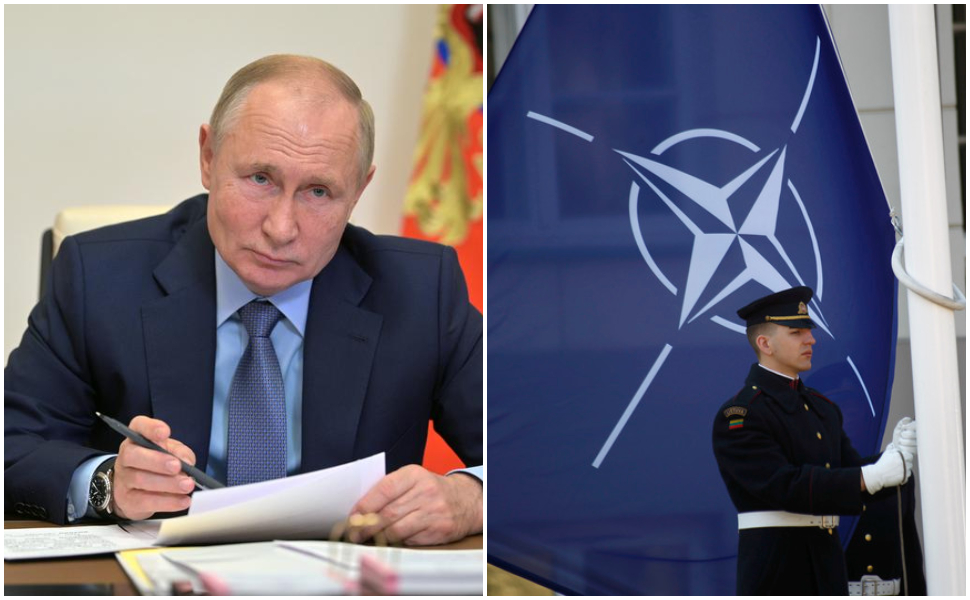
In a speech at the Munich Security Conference in 2007, Russian President Vladimir Putin accused the West of forgetting and violating guarantees in violation of international law, the Guardian reported.
With this speech, Putin practically points out that It has fueled mistrust in Russia, but it also fuels Russian cynicism in international law and is the central motive behind draft Russian security agreements seeking the annulment of NATO enlargement, which was discussed at the NATO-Russia meeting in Brussels.
Russia's request that NATO not expand eastward is based on verbal commitments made by US Secretary of State James Baker in the administration of President George W. Bush. Bush and the terms of the agreement signed on September 12, 1990, which stipulates that NATO troops can operate in the former East Germany.
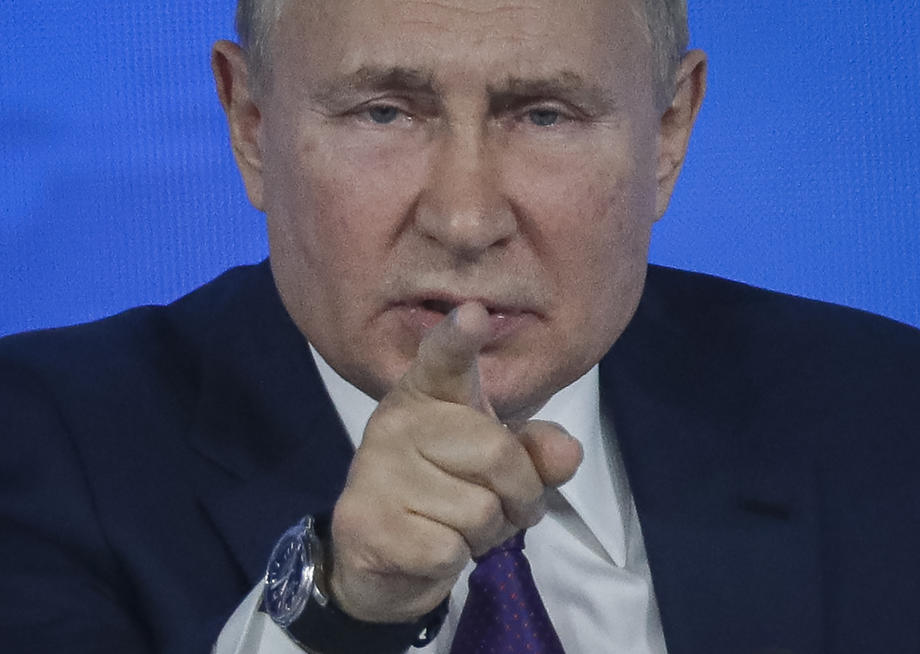
Namely, Putin has repeatedly stated in his statements in the past that Baker in talks with Soviet leader Mikhail Gorbachev on February 9, 1990 promised that NATO would not expand east if Russia accepted the unification of Germany.
The next day, then-German Chancellor Helmut Kohl, hesitant about whether Germany would remain in NATO after reunification, told Gorbachev that "of course NATO cannot expand its territory to East Germany."

The promise was repeated in a speech by the NATO secretary general on May 17, a promise Putin quoted in his speech in Munich. In his memoirs, Gorbachev described these assurances as the moment when he paved the way for a compromise with Germany.
Yet many analysts, politicians and historians believe that these promises were never made in any agreement reached by either side.
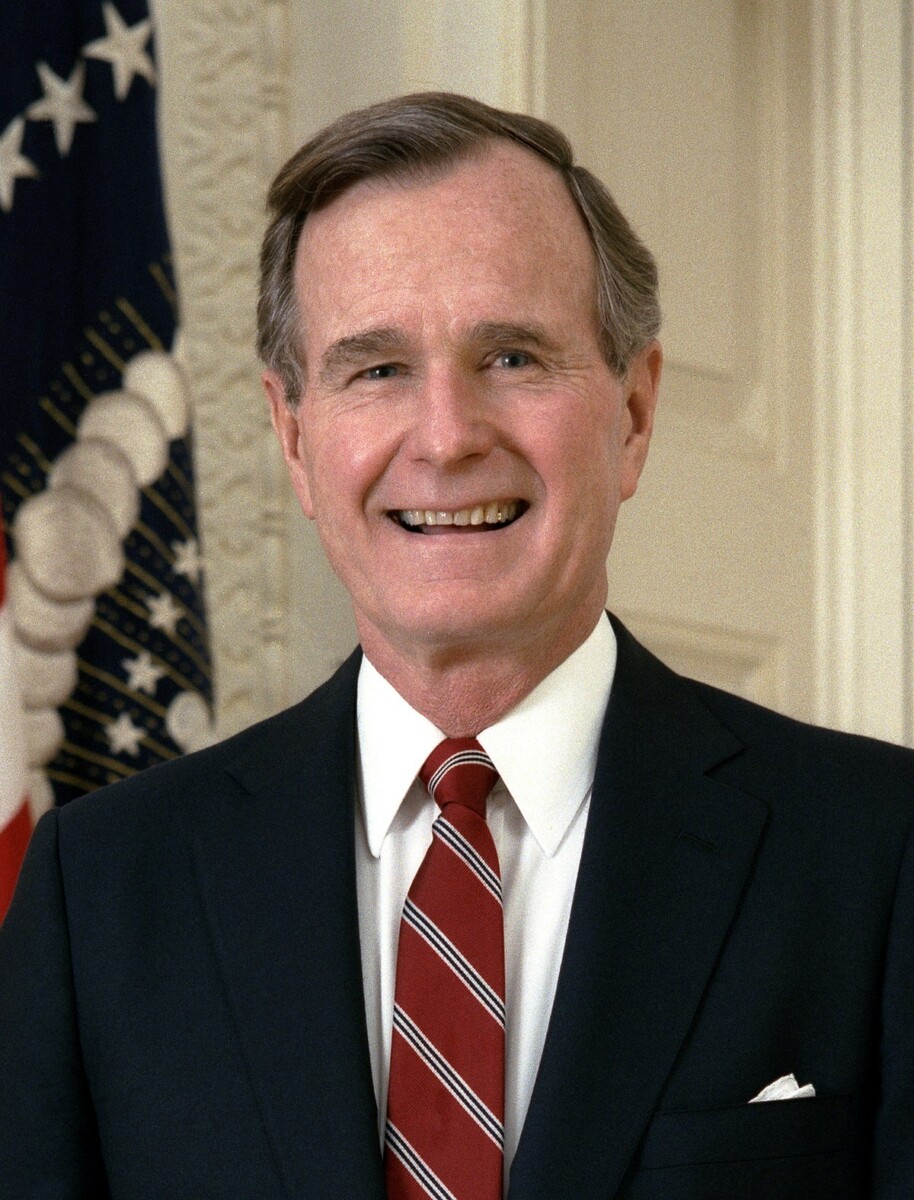
President Bush thought Baker and Cole had gone too far. The final agreement signed by Russia and the West in September 1990 applied only to Germany. This allowed NATO troops to cross the old Cold War line marked by East Germany at the discretion of the German government and to be deployed throughout the United Germany.
The agreement is contained in the signed annex. NATO's commitment to protection has shifted to the east for the first time, to former Russian-controlled territory.
This opened the possibility for NATO to "conquer" the confronting countries from the Eastern bloc until yesterday. Unlike in the past, the alliance has opened the door to admitting new member states.
In the first wave, it was Poland, the Czech Republic, Hungary, and later Romania and Bulgaria, members of the so-called "Warsaw Pact" and, perhaps most importantly, the three former Soviet republics, Lithuania, Latvia and Estonia, as full members. And then NATO came to the very borders of the Russian Federation.
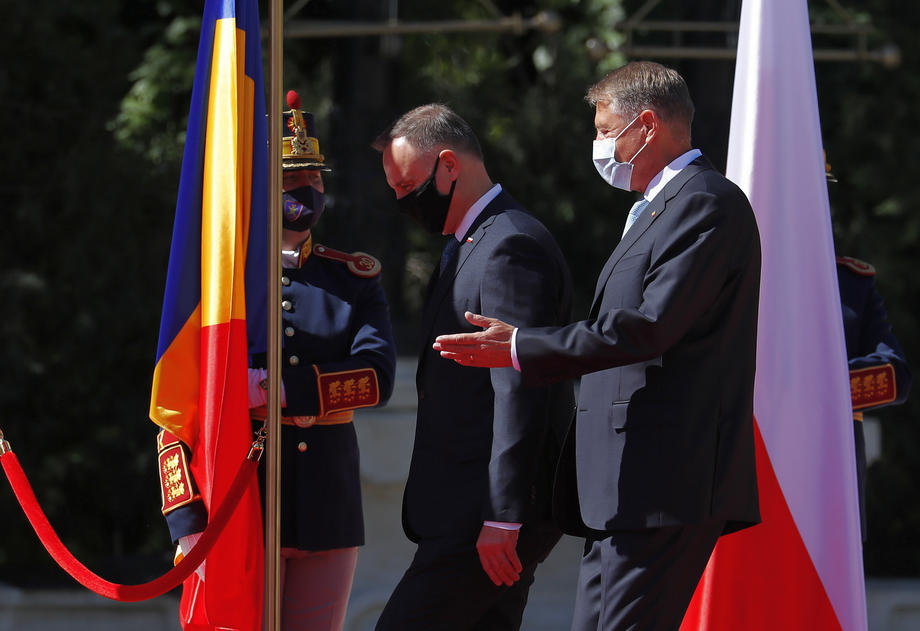
Many Russian policymakers opposed Gorbachev's concessions at the time, in part because of the implications for Eastern Europe.
Russia was given verbal guarantees on the borders of NATO enlargement, but there were no written guarantees. In March 1991, John Major, for example, was asked by Soviet Defense Minister Marshal Dmitry Yazov about Eastern Europe's interest in joining NATO. According to the diaries of the British ambassador to Moscow, Rodrick Braithwaite, the major assured him that "nothing of this will ever happen."
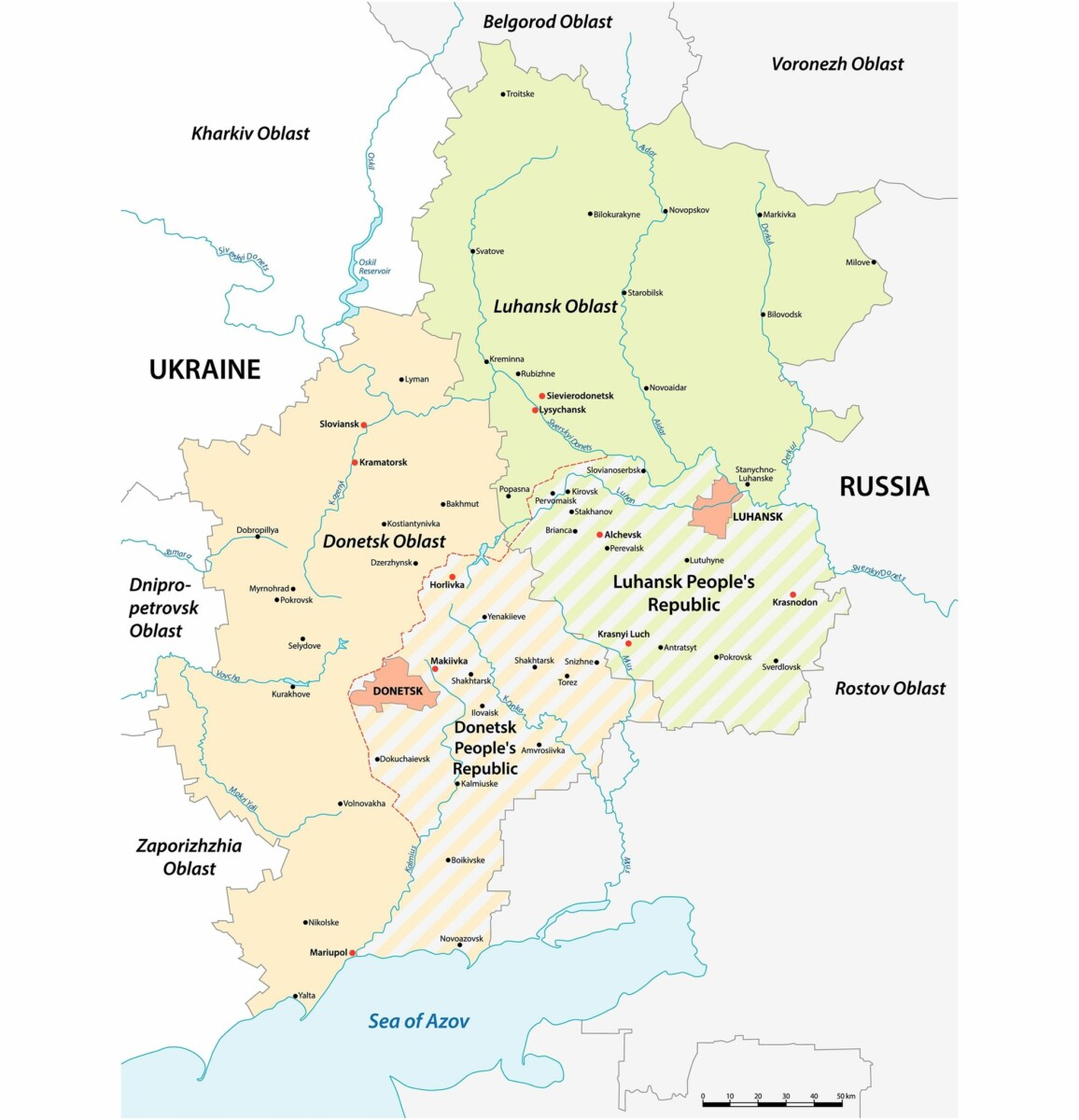
Did Russia recognize "fraud" in this?
On several occasions. in 1993, Boris Yeltsin wrote to President Bill Clinton claiming that any further NATO expansion to the east violated the spirit of the 1990 agreement. The US State Department, which at the time was hesitant about Poland's invitation to join NATO, was so sensitive to allegations of treason that Clinton-era officials even asked the German Foreign Ministry to formally notify them of the Russian complaint.
In October 1993, Germany's chief aide to the German Foreign Ministry said the complaint was formally flawed, but he could understand "why Yeltsin thought NATO had pledged not to expand beyond its borders since 1990."
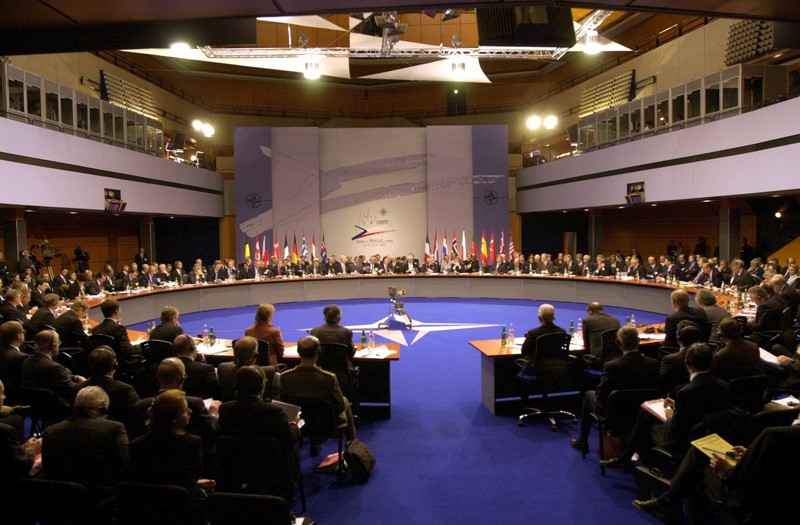
NATO new member states EPA PHOTO EFE / SERGIO BARRENECHEA / sb bp mdaIn 1997, at the time of the founding of the NATO-Russia Act, an agreement designed to create new relations between the Alliance and Russia, Foreign Minister Evgeny Primakov restarted the "dual business" of Baker from 6 years ago. That prompted then-US Secretary of State Warren Christopher to order an internal report on the lawsuit. The report makes clear the difference between the comments of German politicians, such as Hans-Dietrich Genscher, who ruled out NATO enlargement, and what was agreed in the text of the agreement.
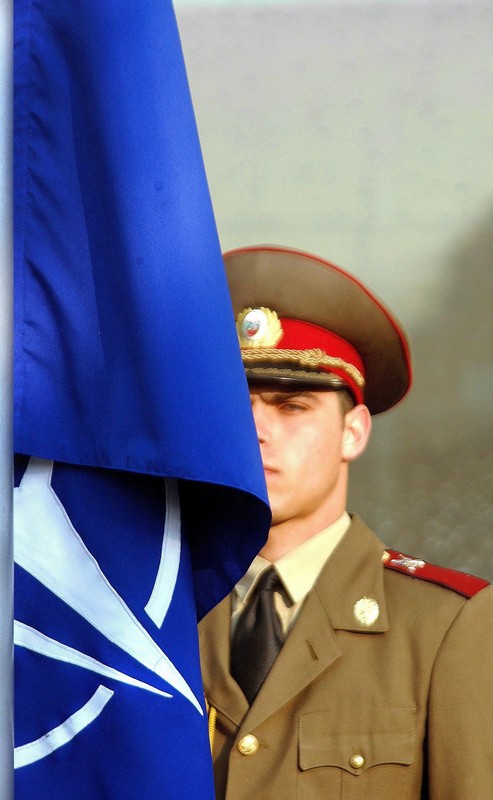
Washington won the power struggle over enlargement, but in a way that led to confrontation rather than cooperation with Moscow. Russia has always been portrayed as a potential NATO member, but the United States has always seen it as a fantasy that would paralyze the alliance.
And now, after all those admissions of new member states, the "rejected and deceived" Russia has become much more aggressive in its efforts to prevent NATO from expanding to the East.
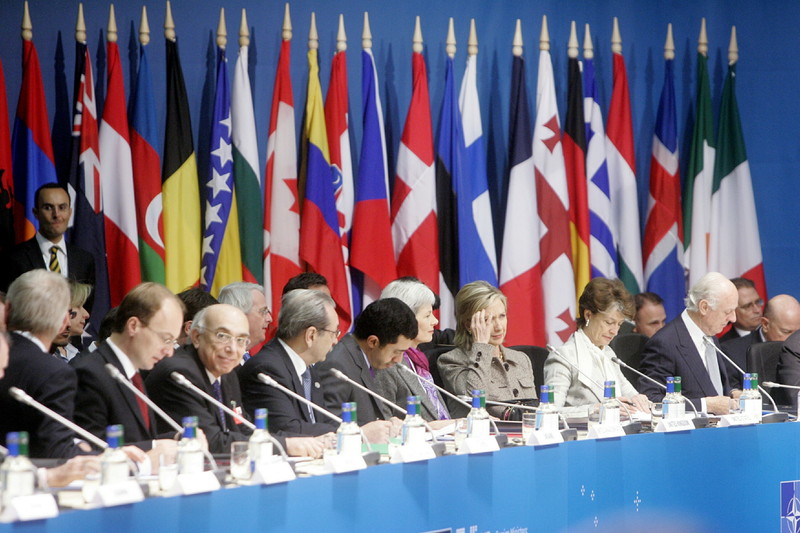
After Poland, the Czech Republic and Hungary, Bulgaria and Romania, Moscow is becoming aggressive in its efforts to prevent NATO expansion into Ukraine and Georgia. two former Soviet republics with ambitions to join NATO. In 2008, Moscow demonstrated military supremacy and occupied Tbilisi in about 10 hours, sending a message to the Georgian leadership that their NATO aspirations were impossible to realize.

Less than ten years later, the second former Soviet republic of Ukraine became active. Moscow is more cautious but still urges it to integrate into NATO.
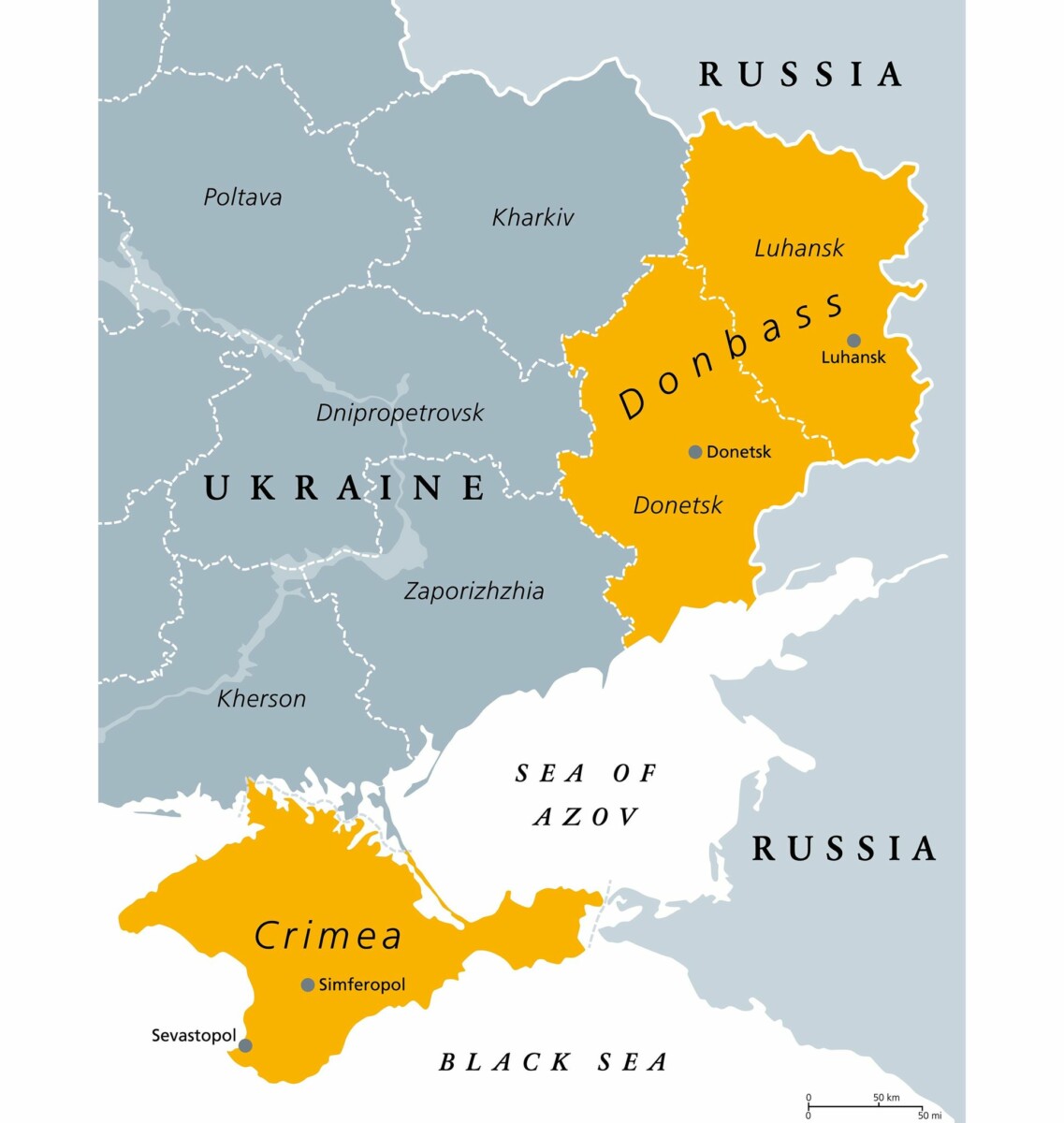
It remains to be seen how this confrontation will end as all sides remain in their firm positions.
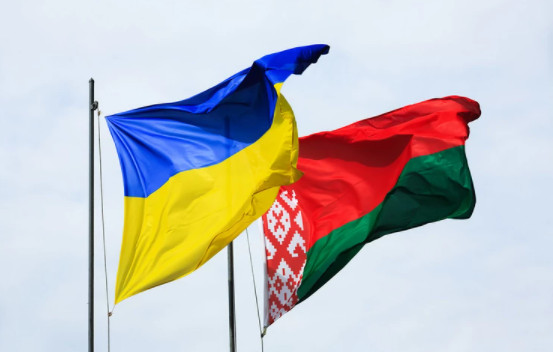
NATO has no plans to stop pursuing an open door policy towards new member states, the aspiring countries themselves want to join NATO, and Moscow has so far announced that if this policy of what they call a security threat continues, Russia will intervene militarily.
And all this because in 1990 the negotiators of "both sides did not understand or agreed precisely"?


